Slow Living For Common Folks
What is Slow Living?
Slow living is the art of living your life at a slower pace. It is doing your daily activities more mindfully while being fully present.
Slow living is also about scheduling less and doing those with more involvement and care.
In a fast-paced world like today, productivity and doing more has been glorified. While being productive is great, it’s not how you should live 24/7.
As human beings, we need restfulness as well. And slow living is one of the best ways to slow down your mind, body, and spirit, and live more mindfully.
What Slow Living is Not
Slow living is an amazing way to spend rest days or the early hours of the morning and the evenings after work.
However, it should not be confused with laziness. Just because you’re doing things slowly and more mindfully doesn’t mean you’re less productive or lazy.
Doing less doesn’t necessarily mean being lazy. It’s more about not doing many things mindlessly just to be active.
How did it all start?
It all started in the 1980s in Rome, Italy. With the opening of McDonald’s, Carlo Petrini and a group of activists formed Slow Food, a movement that defends regional food traditions.
The Slow Food Movement has now spread across 150 countries and is working on promoting food traditions, sustainability, fair pay for food producers, and encouraging the enjoyment of good quality food.
Today, the slow movement has taken many shapes and forms. Slow travel, slow fashion, slow gardening, and slow design have burst into the slow living landscape.
The pace of our lives keeps increasing every year with the rise of capitalism, technology, and consumerism. It’s understandable, that more and more people are heading towards slow living and trying to slow down as much as possible.
If you can relate, but don’t know how to start slow living, keep reading as we dive deeper into this topic.
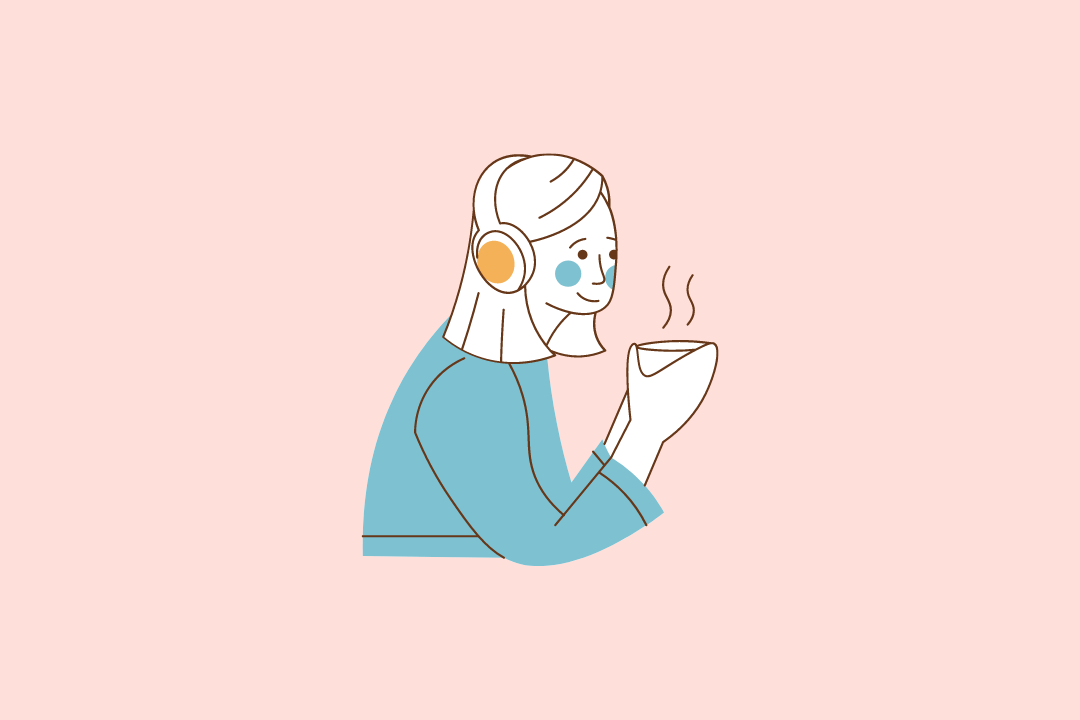
How do I start Slow Living?
1. Figure out why
To incorporate slow living into your life. You need to know your why. If you’re here just because it’s trendy and keeps popping up on your feed, it may not be the best reason.
But if you’re here because you seriously feel that it could help you by slowing down a little bit and doing things more mindfully, it’s a great place to start.
For most of us, it’s usually the constant pressure at work in a fast-paced environment, the endless list of things to finish, and the overall pressure to always be high-performing.
2. Know that it’s a Slow Process
Just like the name suggests, you should understand that slow living indeed is a slow starter and a slow process as well.
You cannot just change your life overnight and decide not to do much today or tomorrow. You need to start incorporating it into your life bit by bit.
3. Break it down into smaller habits
Take some time to think about how you spend your time from morning until you go to bed. There are parts of your day that you just can’t afford to change at the beginning like meeting your deadlines at work.
However, there are small changes you can start with such as going to bed a bit early and waking up a bit early. This gives you time to start your day slower and do things at a slower pace.
You can also look at what you do right after you’re back from work such as an evening routine.
4. Start with a slow morning
If you wake up early, you’ll have more time in the morning to do things slowly. And by things, I mean a few things that help you become more mindful and start your day with a calm and steady mindset.
Every person has a different preference for things they like to do in the morning before the busyness of the workday starts.
For me, an ideal morning looks like waking up between 6.30 to 7.00 am, drinking a glass of water, brushing and showering, meditating, reading or writing for 20 minutes, having breakfast, and commuting to work.
The above would take me approximately 2.5 hours and I still feel a bit rushed. I would like to do it slowly and reach the office on time. The only solution would be to wake up earlier and sleep earlier.

5. Mindful eating
Eating today has become a chore for most of us. We rarely take the time to enjoy our meals with friends and family at the dining table and spend time with each other.
I understand this is not possible for every meal. We all have responsibilities and too limited time. While lunch is understandably a faster meal (Let’s grab a quick lunch in office language), breakfast and dinner can be enjoyed at a slower pace if you plan it right.
Another great way is to cook for your family and friends whenever you can like over a weekend or holidays, and enjoy sharing food with them.
6. Schedule less
If you get your priorities right and eliminate or delegate what you can, you can find a way to schedule less work.
By scheduling less work and doing the important work, you can do things at a much slower pace and still achieve great results.
Scheduling less is the most effective way to incorporate slow living.
7. Disconnect
Sometimes, even if we may not be actively working on something, our phone still reminds us of things we need to do tomorrow and in the coming days.
This can increase our anxieties about the future and before you know it your mind is restless even when you’re not doing anything.
Whenever possible, disconnect your phone from Wi-Fi and keep it on silent mode while you do things such as read, cook, watch TV, or simply talk to your partner or a friend.
If something urgent comes up, people always tend to call. You don’t always need to be on the edge and available for the next call.
8. Pick up a hobby
Picking up a hobby, especially something you can do at a leisurely pace is a great way to incorporate slow living.
Knitting, painting, reading, writing, gardening, cooking, etc are all slow hobbies that you can start to bring your life into a calmer rhythm and enjoy the benefits of slow living.
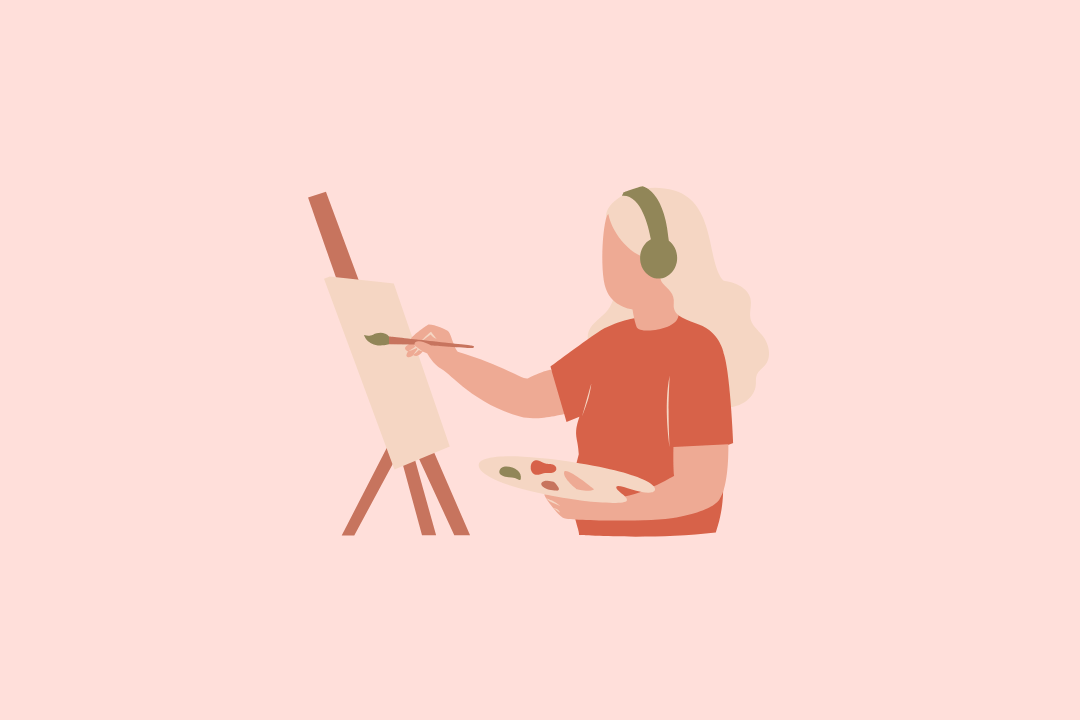
Is Slow Living good for me?
Slow living may sound like being slow at finishing things or a fancy word to justify being lazy. But it’s really not.
It’s quite the opposite. It helps you prioritize mental health, know your priorities, and enjoy a better quality of life.
Let’s look at some of the reasons why slow living is good for you.
1. Increase your awareness
When you’re doing fewer things and have fewer distractions, it increases awareness of your surrounding environment and what’s happening around you.
2. Improve mindfulness
By not rushing through things and doing them at a slower pace, you increase your awareness of the present moment and connect to things on a deeper level.
3. Better quality of life
By only doing things that are important, such as things that grow you in your career, and improve mental and physical health.
It can also make you happier, and improve the quality of life drastically.
4. Reduce stress and burnout
The more you try to do, the higher your chances of feeling stressed and burnout.
Slow living is a great way to do less and combat the stress that seems to be waiting around every corner.
5. Simplify Life
Most importantly, slow living helps you live a simple life, forget about the little stressors, and enjoy the fruits of simplicity.




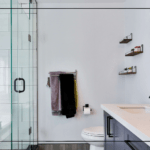




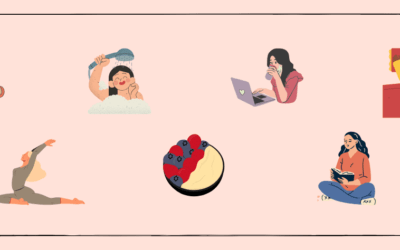
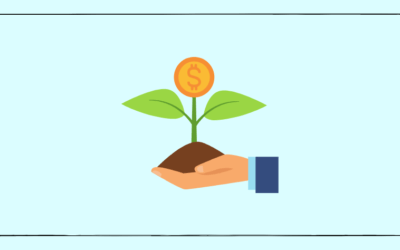
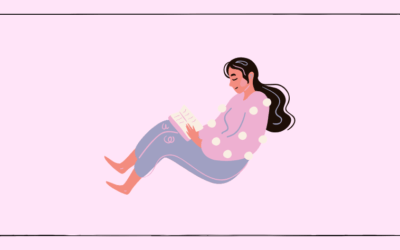
0 Comments